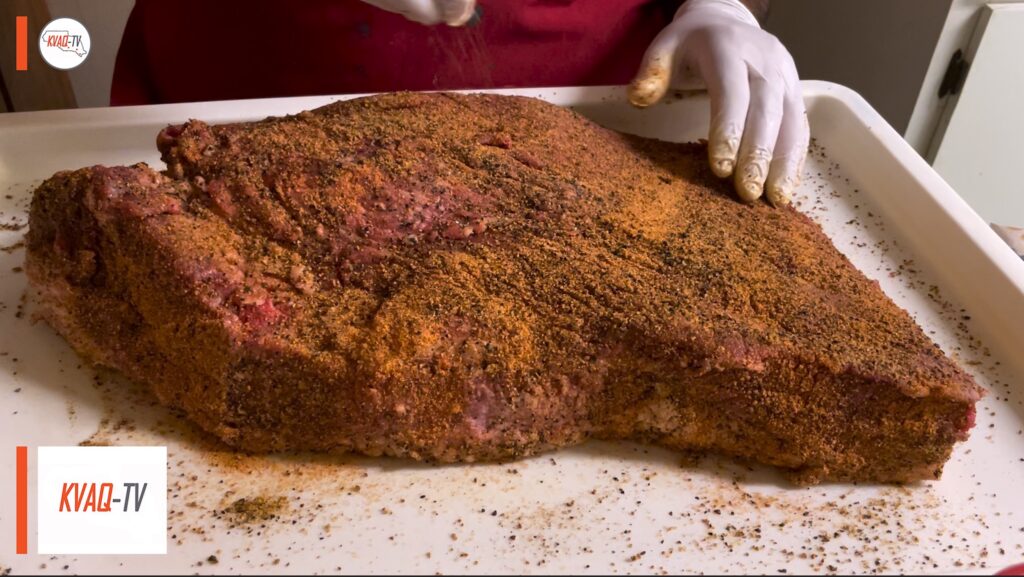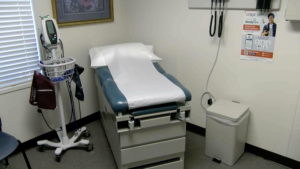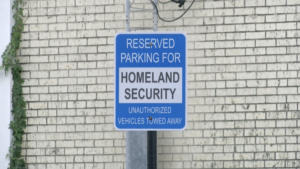
BROWNSVILLE – Feasting on leftovers can be a treat this holiday season, and with the help of food safety it can keep you and your family safe.
Keeping an eye on food during this busy holiday time is vital.
Diseases such as Salmonella, E. Coli, and Listeria can come from cross-contamination.
Food is prepared, cooked, and served throughout the day and night.
Registered dietitian, Iliana Hinojosa, advises people, that we need to be cautious about what we are doing when preparing food.
“We have to be uh aware that there’s a lot of biological and physical and chemical food hazards that can enter in the food and cause people to become sick, so the number one cause of why people get sick is from eating food is cross-contamination,” said Hinojosa
According to Hinojosa, one of the most common illnesses during November and December is clostridium perfringens (clos-tri-dium per-fring-ens).
It can be found on raw meat and poultry, in the intestines of animals, and in certain conditions, such as when food is kept at an unsafe temperature, it can grow and multiply.
Psychology major, Samantha Ibarra talks about what she does to keep food safe in their home.
“We do use the tongs thongs, no hands, and we keep everything separated and we also put the stuff away that we are not going to eat in the fridge,” said Ibarra
According to the centers for disease control and prevention, chicken, turkey, seafood, and eggs should be separated.
All proteins and foods should be cooked thoroughly to safe internal temperatures.
Meats should be thawed out correctly under cold water, in the refrigerator, or in the microwave.
After food is prepared, keep hot food hot and cold food cold.
You must refrigerate or freeze any perishable food within 2 hours or 1 hour if food is exposed to temperatures above 90°f.
Most importantly you should wash your hands before, during, and after preparing food.
For more information on preventing food poisoning and other food-borne illnesses, you can go to the CDC website at cdc.gov for more information.




